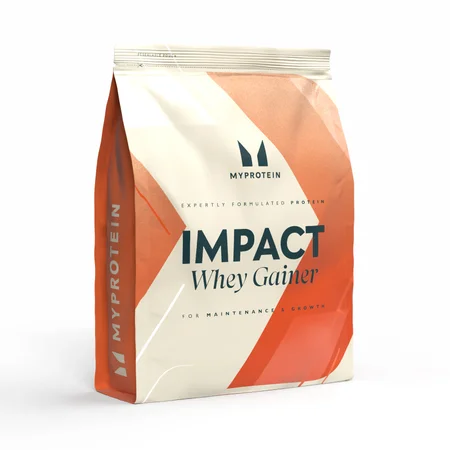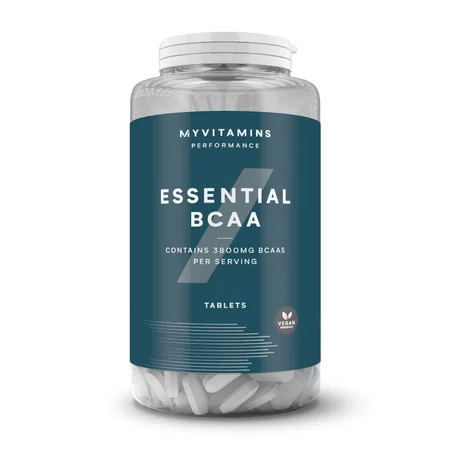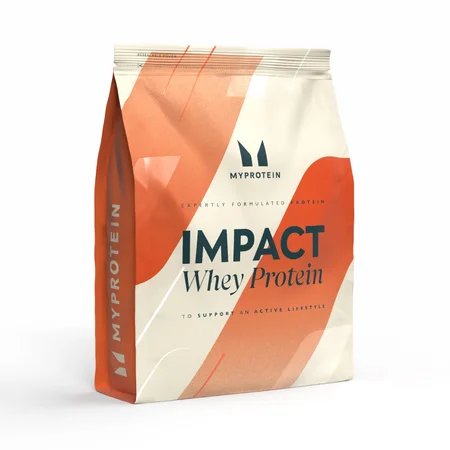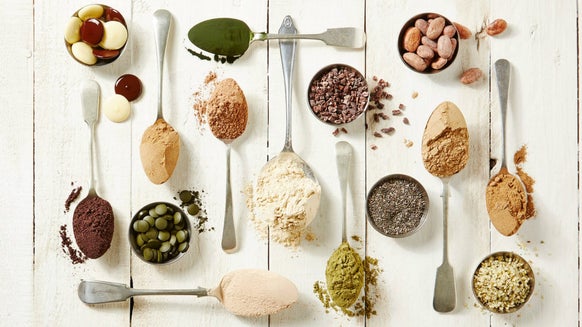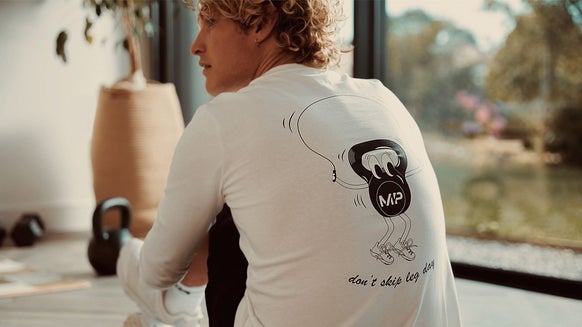BMR: What Is My Basal Metabolic Rate?
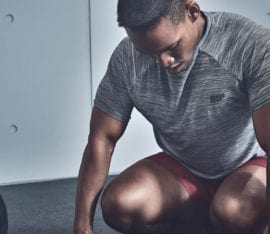
Written by Sam Jones
Basal Metabolic Rate (BMR)
Basal metabolic rate is a relatively unknown formula that is key to getting results. I want to begin this article by asking you a question: what do you think the majority of the calories you consume are used for?
When I initially ask this to new clients I get a response along the lines of – ‘for walking around and exercising’. Most think that the majority of our energy (calorie) expenditure comes from movement, whether it be the distance we rack up walking on a day to day basis or whilst working out in the gym. This however is a big misconception that could be getting in the way of you getting the body you desire.
Stick with me as I explain to you one of the most unknown, yet vitally important formulas when it comes to getting results. One that will change your perception on the amount of calories you're consuming – basal metabolic rate.

To give it its full scientific description, basal metabolic rate (BMR) is the amount of energy expended while at rest in a neutrally temperate environment.
In simpler terms, the number of calories you as an individual require over a 24-hour period without the inclusion of those burnt through movement of any kind or through the digestion of food.
BMR accounts for the energy required to maintain vital organs such as the liver, brain, heart, lungs, kidneys etc., as well as muscle mass and skin. Here's an eye opening fact: around 70% of the overall calories you require are burnt purely for the above basal processes. Another 10% are used for maintaining body temperature and digesting food. That means only 20% of the calories we require overall are burnt during movement.
To set the scene, imagine you lay in bed all day and somehow managed to literally not move a muscle, you would still need to consume around 80% of your overall calories to keep your body running properly! That will shock many, who have the view that if they have sat around doing nothing all day they don't really need to eat. A study of 150 adults in Scotland reported an average BMR of 1500 calories a day, with the lowest being 1027 calorie per day and the highest being 2499 calories per day.

BMR is dependent on factors such as age, height, weight, sex and lean muscle mass.
Chronically eating less calories than your BMR will not only never get you the body you want, but is also very detrimental to your health. It can lead to a host of issues, including something that's sometimes called 'skinny/fat syndrome'. This is where your body has eaten away at much of your muscle mass but it's still holding on to fat as it goes into survival mode.
This is a miserable place to be in and one that I have found many clients in when coming to me for help. Simply explaining BMR and gradually bringing them back up to their correct calorie intake improves all the issues they had from chronically eating below their basal metabolic rate, whilst also getting them on the right path to their goal body.
Remember, on a simple level, it's all about calories in, calories out. Realising that as individuals we all have our own calorie requirement to maintain our current weight, not just at a BMR level but also depending on how many calories we expend through exercise and day to day movement.
Your goals (whether you're looking to gain or lose weight) will depend on whether you go above or below the calories you need to maintain your current weight. After reading this article, you should realise that blindly cutting calories too excessively will have terrible consequences, as mentioned above.
Whether male or female, whether your primary goal is muscle growth or fat loss, great focus should be put on increasing overall muscle mass.
The more muscle mass we have, the higher our calorie requirements, which naturally leads to an increase in fat loss. If you're serious about getting results, you must be predominately lifting weights through big progressive movements such as squats, deadlifts, presses etc., whilst also feeding your body correctly, taking note of your own specific BMR and overall calorie needs.
Before I wrap this piece up, I want to throw an analogy your way – I want you to envisage a brand new car you've just purchased. You clean it weekly, have it serviced annually, put the best fuel into it, why?
To make it run optimally, because you invested money into it, take pride in it and want to extend its lifespan. If you're going somewhere in it, you make sure there's enough fuel to go the distance, because if there isn't, it'll eventually breakdown.
Ironically, most of us treat our new cars with more respect that our own bodies. Approach the wellbeing and fuelling of your body as you would the purchase of a brand new car. Feed it properly with the correct nutrients it requires, and fuel it with the right number of calories. Failure to do so will eventually lead to it breaking down. Cars are replaceable – our bodies not so much.

You can't outwit your bodily processes. Remember, our bodies are designed to be fuelled, not starved. Chronically undereating will never get you results. Understanding your basal metabolic rate and overall calorie requirement will help you get one step closer to your goal body.
Finally, take responsibility for the upkeep of your own body – the way you feed and train it, and it'll repay you in a whole host of positive ways!

Alice Pearson is a UKVRN Registered Associate Nutritionist and UK Anti‐Doping accredited advisor, having obtained a Bachelor’s of Science in Nutrition and a Master’s of Science in Sport Nutrition. She has a specialist interest in the use of sports supplements for improving health, fitness, and sport performance.
Alice has experience working with both amateur and elite athletes, including providing nutritional support to Tranmere Rovers FC and Newcastle Falcons Rugby Club. Her nutritional guidance is always supported by evidence‐based research, which she keeps up to date through continuing professional development and independent learning.
In her spare time, Alice loves travelling, hitting the gym, and getting stuck into a good book.
Find out more about Alice's story here.
